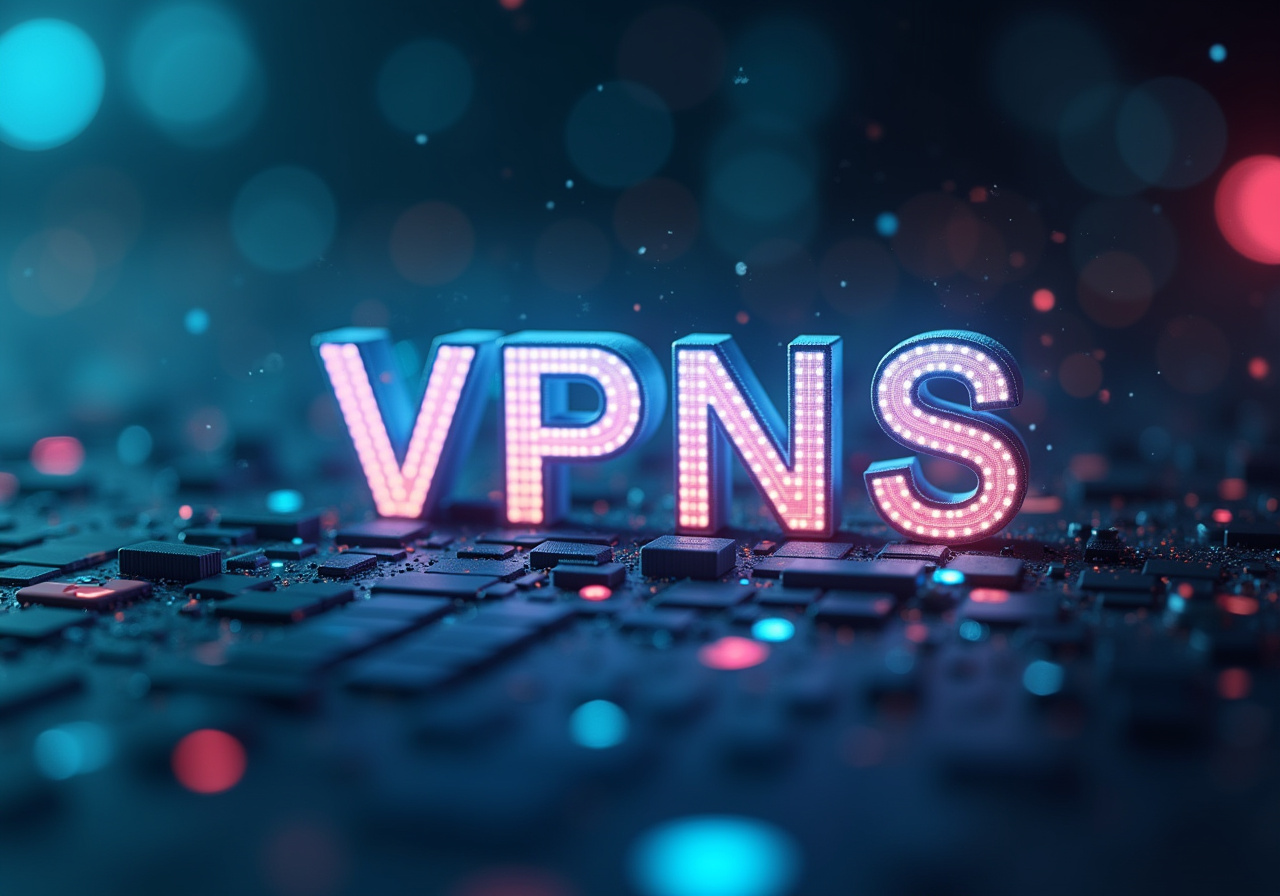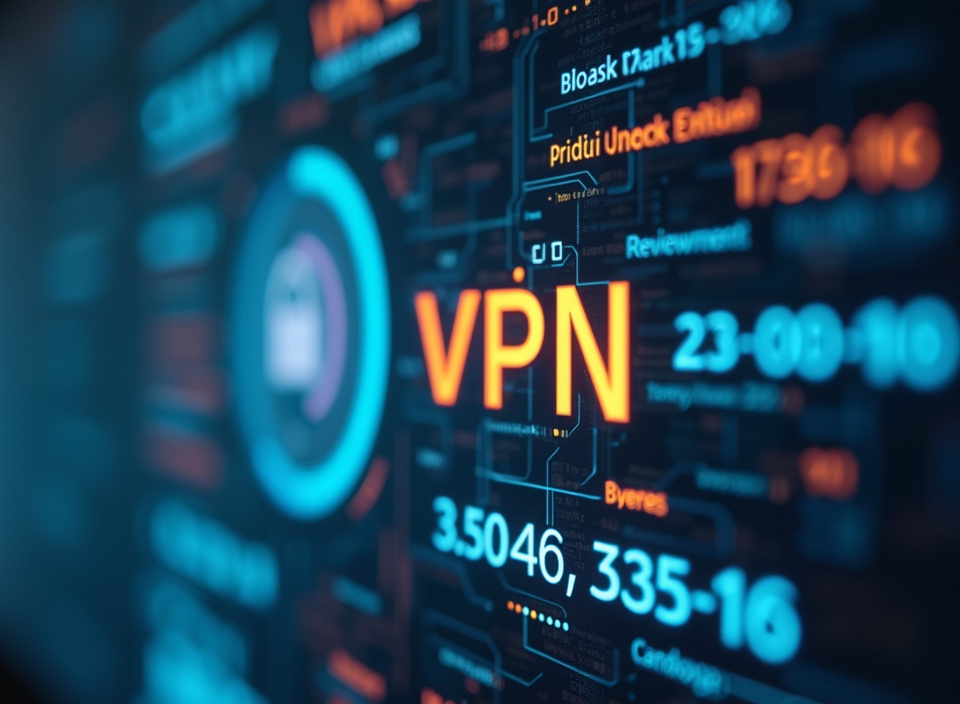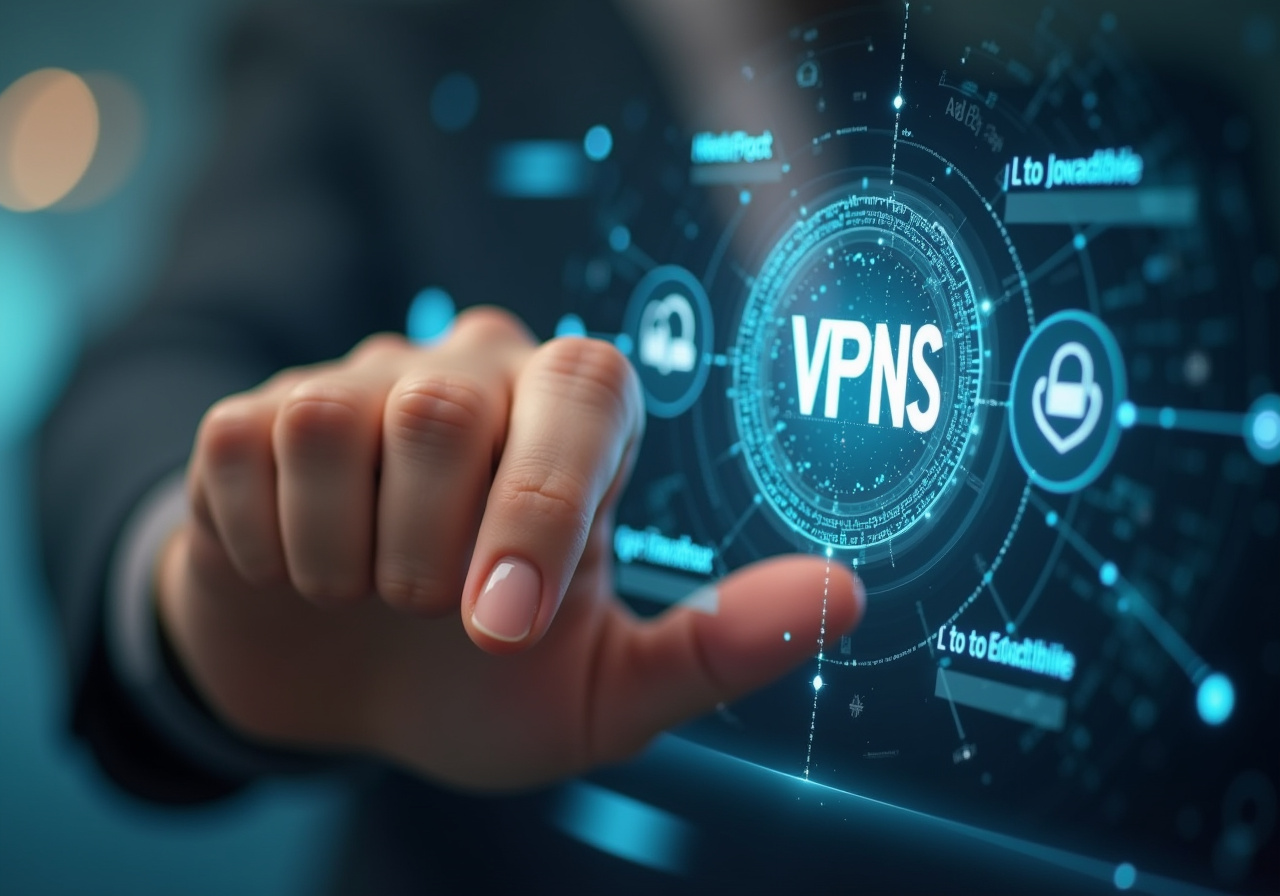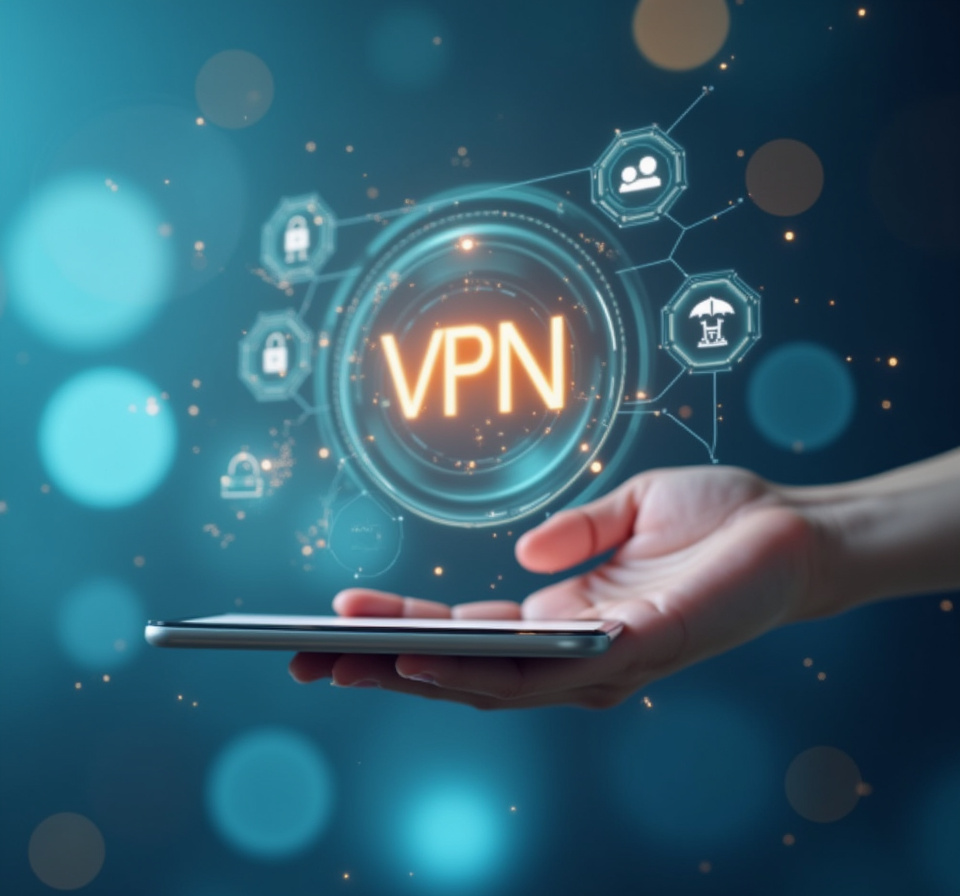An Overview of VPN Laws and Regulations
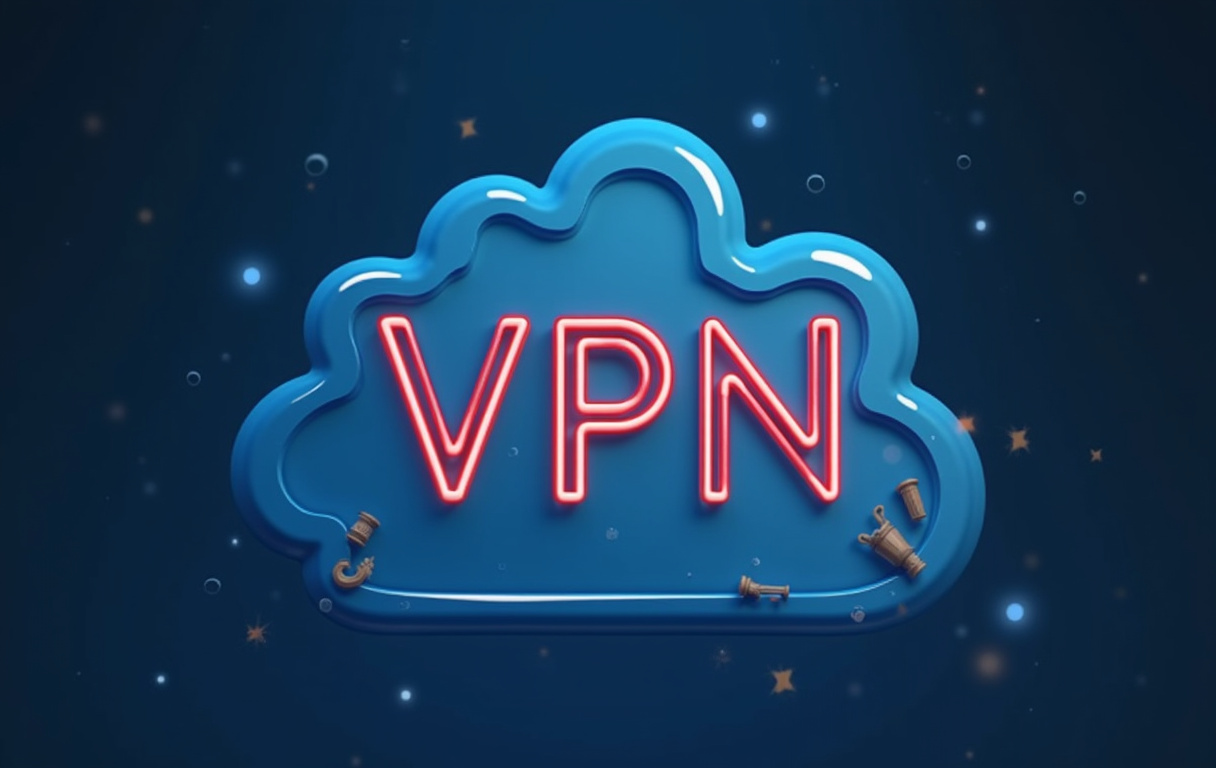
Table of Contents
VPN laws
In today's increasingly digital world, concerns about online privacy and security have fueled the growing popularity of Virtual Private Networks (VPNs). Once primarily used by tech-savvy individuals and businesses for specific purposes, VPNs are now widely adopted by a global audience seeking to protect their data, maintain anonymity, and access content freely across geographical boundaries. However, the widespread use of VPNs introduces a complex interplay with existing legal frameworks, raising important questions about the legality of these tools and their implications for online activities.
This article provides a comprehensive overview of the legal landscape surrounding VPNs, exploring the intricacies of , , and the parameters of . Our aim is to provide clarity and guidance for individuals and organizations seeking to leverage VPN technology responsibly, ensuring and compliance with applicable laws and regulations. Understanding the legal nuances of VPN usage is crucial.
While VPNs offer enhanced privacy by encrypting internet traffic and masking IP addresses, they do not provide blanket legal immunity. The legality of using a VPN varies considerably depending on the user's location, the specific activities being conducted online, and the applicable laws and regulations in place. This article will delve into these jurisdictional differences, examining how countries around the world view and regulate VPN technology.
We will explore regions where VPNs are actively encouraged as tools for online freedom, as well as countries where strict restrictions or outright bans are in effect. Furthermore, we will analyze the types of online activities that may be considered illegal, even when conducted through a VPN, such as cybercrime, copyright infringement, and the distribution of illegal content. It's essential to recognize that a VPN is not a shield against legal consequences, and users remain accountable for their actions regardless of whether they are using a VPN.
This complex relationship between technology and law requires careful consideration and a commitment to responsible online behavior. The primary function of a VPN is to establish a secure, encrypted connection between a user's device and a remote server, effectively creating a private tunnel for internet traffic. This process conceals the user's real IP address, replacing it with the IP address of the VPN server, which makes it more difficult for third parties to track the user's online activities.
This enhanced privacy and anonymity are the primary drivers behind the increasing adoption of VPNs, but they also trigger legal and ethical considerations. Many countries have laws in place to regulate data privacy, cybersecurity, and internet content. The use of VPNs can potentially intersect with these laws in complex ways, leading to ambiguity and potential legal risks.
For instance, countries with strict censorship laws may view VPNs as a threat to their control over information, while countries with strong data protection regulations may scrutinize VPN providers' data handling practices. The legal status of VPNs can range from complete legality with minimal regulation to strict licensing requirements, content filtering mandates, or even outright prohibition. The determining factors often include the government's stance on internet freedom, its prioritization of national security, and its approach to regulating online content.
It's therefore imperative to stay informed about the specific laws and regulations in your region concerning VPN usage and to understand your rights and responsibilities as a VPN user. Moreover, the legal landscape surrounding VPNs is continuously evolving as governments adapt to technological advancements and address emerging challenges such as cybercrime, data breaches, and the spread of misinformation. New laws and regulations are frequently introduced, and existing laws are often reinterpreted in light of new technological developments.
Staying abreast of these changes requires ongoing research and a willingness to adapt your VPN usage practices accordingly. Understanding the interaction of with user behavior is key. The legality of an action is not necessarily altered by the use of a VPN, but the potential for anonymity can sometimes lead to risky behavior.
legal VPN use
The legal framework governing VPNs exhibits a wide spectrum of approaches across the globe, with some nations championing them as instruments for bolstering online freedom and privacy, while others regard them with skepticism and impose stringent controls or outright bans. Nations that strongly advocate for internet freedom, prominently those within the European Union (EU) and North America, generally permit , acknowledging their significance in safeguarding personal information and circumventing censorship. Nevertheless, even in these regions, VPN utilization is not entirely unfettered.
Actions such as engaging in unlawful activities or infringing upon copyright laws while employing a VPN can still incur legal ramifications. The EU's General Data Protection Regulation (GDPR), as an example, imposes rigorous mandates on the handling of personal data, and VPN providers must adhere to these regulations should they amass or process user data within the EU. This includes obtaining explicit user consent for data collection, implementing robust security measures to shield data from unauthorized access, and affording users the capacity to access, rectify, or erase their personal information.
VPN providers failing to comply with these regulations may face substantial fines and other sanctions. Conversely, nations with authoritarian regimes or stringent censorship policies frequently restrict or prohibit VPNs to sustain dominion over information access and suppress dissent. China, Russia, and North Korea are among the countries that have enacted stringent VPN regulations, mandating that providers acquire government licenses or outright blocking VPN accessibility.
These governments perceive VPNs as tools that empower citizens to bypass state-controlled firewalls and access information deemed detrimental or subversive. In these nations, employing an unauthorized VPN can result in fines, imprisonment, or other legal penalties. Even in nations where VPNs are generally permitted, specific activities executed while utilizing a VPN can be deemed unlawful.
For instance, employing a VPN to perpetrate cybercrime, such as hacking or disseminating malware, is universally illegal. Similarly, utilizing a VPN to circumvent copyright restrictions and download pirated content can lead to legal action from copyright holders. It is crucial to acknowledge that a VPN does not confer blanket immunity from the law.
While it can augment your online privacy and anonymity, it does not absolve you of accountability for your actions. Even when utilizing a VPN, you remain responsible for complying with all applicable laws and regulations within your jurisdiction. Furthermore, the legal status of VPNs can be ambiguous in some nations, with no specific laws directly addressing their usage.
In these instances, the legality of employing a VPN may hinge on how it is utilized and whether it contravenes any other existing laws or regulations. It is essential to investigate the legal landscape in your nation or region and to seek legal counsel if unsure about the legality of utilizing a VPN for a particular purpose. Moreover, the enforcement of can vary significantly even within a single country.
What might be tolerated in one region could be strictly prosecuted in another, depending on local law enforcement priorities and resources. This variability underscores the importance of staying informed about local laws and regulations, as well as any emerging legal precedents that could impact the legality of your VPN usage. A proactive approach to understanding and complying with the legal framework surrounding VPNs is the best way to mitigate potential risks and ensure that you are using this technology responsibly and within the bounds of the law to achieve a experience.
VPN compliance
is a paramount consideration for all VPN users, ranging from individual consumers seeking enhanced online privacy to businesses and organizations relying on VPNs for secure remote access and data protection. Compliance entails adhering to all applicable laws, regulations, and ethical guidelines pertaining to VPN usage within a given jurisdiction. Failure to comply can result in a spectrum of adverse legal and financial repercussions, including substantial fines, potential lawsuits, and significant damage to one's reputation.
For businesses, maintaining strict VPN compliance is particularly essential due to their heightened responsibilities in safeguarding sensitive data and adhering to industry-specific regulations. The consequences of non-compliance can be far-reaching, potentially impacting the organization's bottom line, its relationship with clients and partners, and its overall standing within the industry. One of the foremost aspects of VPN compliance is adherence to data privacy laws, such as the General Data Protection Regulation (GDPR) in the European Union and the California Consumer Privacy Act (CCPA) in the United States.
These laws impose stringent requirements on the collection, processing, and storage of personal data, and VPN providers must ensure that their practices are fully aligned with these regulations. This includes obtaining explicit user consent for data collection, implementing robust security measures to protect data from unauthorized access, and providing users with the ability to access, correct, or delete their personal data. VPN providers that fail to comply with these regulations can face substantial fines, orders for injunctive relief, and other penalties.
Moreover, they may suffer reputational damage, leading to a loss of customer trust and potential legal action from affected individuals. In addition to data privacy laws, VPN providers must also comply with laws relating to intellectual property, cybersecurity, and export controls. For instance, they must take appropriate measures to prevent their services from being used for copyright infringement or the distribution of illegal or harmful content.
This may involve implementing content filtering mechanisms, monitoring user activity for suspicious behavior, and cooperating with law enforcement agencies in investigations of potential illegal activities. They must also implement robust security measures to protect their networks and systems from cyberattacks and to prevent the export of sensitive technologies to countries subject to trade restrictions. Furthermore, VPN providers must be transparent about their data logging policies and practices.
Users have a right to know what data is being collected, how it is being used, and with whom it is being shared. VPN providers should clearly disclose their data logging policies in their terms of service and privacy policies, and they should avoid engaging in deceptive or misleading practices. Users should carefully review the privacy policies of VPN providers before subscribing to their services, and they should choose providers that have a strong track record of protecting user data.
The concept of extends beyond simply using a VPN to mask your IP address and encrypt your internet traffic. It also encompasses the ethical considerations associated with using VPN technology. For example, while it may be legal to use a VPN to access content that is geo-restricted in your region, it may not be ethical if it violates the terms of service of the content provider.
Similarly, it may be legal to use a VPN to protect your privacy from government surveillance, but it may not be ethical if you are using it to conceal illegal activities from law enforcement. Therefore, VPN users should strive to use VPN technology in a responsible and ethical manner, respecting the rights of others and adhering to all applicable laws and regulations. This is important in having a experience.
legal VPN use
Navigating the complex world of VPN laws and regulations requires careful consideration of various factors to ensure responsible and legally compliant usage. This involves understanding the legal landscape in your jurisdiction, assessing the risks associated with specific online activities, and implementing appropriate security measures to protect your data and privacy. One of the first steps in ensuring is to research the VPN laws in your country or region.
As discussed earlier, the legality of VPNs varies significantly across different jurisdictions, and it is crucial to understand the specific regulations that apply to you. This may involve consulting with legal experts, reviewing government websites, and staying informed about any recent legal developments related to VPNs. Even in countries where VPNs are generally legal, there may be restrictions on their use for certain activities, such as accessing illegal content or engaging in cybercrime.
Therefore, it is essential to carefully assess the risks associated with your online activities and to ensure that you are not violating any applicable laws or regulations. For example, if you are planning to use a VPN to access streaming services that are not available in your region, you should review the terms of service of the streaming provider to ensure that this is permitted. Similarly, if you are planning to use a VPN to protect your privacy from government surveillance, you should be aware of any laws that restrict the use of encryption or other privacy-enhancing technologies.
In addition to understanding the legal landscape, it is also important to choose a reputable VPN provider that has a strong commitment to privacy and security. Not all VPN providers are created equal, and some may engage in unethical or illegal practices, such as logging user data or selling it to third parties. When choosing a VPN provider, you should carefully review their privacy policy and terms of service to ensure that they are transparent about their data logging practices and that they have implemented appropriate security measures to protect your data.
You should also look for VPN providers that have a strong track record of protecting user privacy and that have been independently audited by third-party security firms. Furthermore, it is important to configure your VPN connection properly to ensure that it is providing the desired level of protection. This may involve enabling features such as a kill switch, which automatically disconnects your internet connection if the VPN connection drops, and using strong encryption protocols, such as OpenVPN or IKEv2.
You should also ensure that your VPN client is up-to-date and that you are using the latest version of the VPN software. As we mentioned the primary purpose of a VPN is to mask your IP address and encrypt your internet traffic, but it is important to remember that this does not make you completely anonymous online. Websites and online services can still track your activity using other methods, such as cookies and browser fingerprinting.
To further enhance your privacy, you should consider using additional privacy-enhancing technologies, such as a privacy-focused web browser and a tracker blocker. Understanding the connection between and a experience is about more than just ticking legal boxes. Finally, stay informed about the latest developments in VPN technology and cybersecurity threats.
The digital landscape is constantly evolving, and new vulnerabilities and threats are emerging all the time. By staying informed, you can take proactive steps to protect your data and privacy and to ensure that you are using VPN technology in a safe and responsible manner. This may involve subscribing to cybersecurity blogs and newsletters, attending cybersecurity conferences, and participating in online forums and communities.
By taking a proactive approach to VPN security and compliance, you can minimize your risk factors and maintain a secure and private online experience. This creates a feeling of reassurance regarding .
legal VPN use
In conclusion, navigating the intricate landscape of VPN laws and regulations is essential for anyone seeking to leverage this technology effectively and responsibly. The legal status of VPNs varies significantly across different jurisdictions, ranging from complete legality with minimal regulation to strict licensing requirements or outright bans. Understanding the specific laws and regulations that apply in your region is crucial for ensuring and avoiding potential legal repercussions.
This involves staying informed about any recent legal developments, seeking legal advice if needed, and choosing a reputable VPN provider with a strong commitment to privacy and security. Beyond the purely legal aspects, it's also important to consider the ethical implications of using VPNs. While it may be legal to use a VPN to access geo-restricted content or protect your privacy from government surveillance, it's essential to ensure that your activities are not violating the terms of service of online providers or infringing on the rights of others.
Responsible VPN usage involves balancing your right to privacy with the need to comply with applicable laws and ethical guidelines. Furthermore, is not a one-time effort but an ongoing process that requires continuous monitoring and adaptation. The legal landscape surrounding VPNs is constantly evolving, and new threats and vulnerabilities are emerging all the time.
To maintain compliance, you should stay informed about the latest developments in VPN technology, cybersecurity threats, and relevant laws and regulations. Implement robust security measures to protect your data and privacy, and be transparent about your VPN usage practices. By taking a proactive approach to VPN security and compliance, you can minimize your risk factors and maintain a secure and private online experience therefore achieving .
Ultimately, the key to navigating the legal and ethical complexities of VPNs is to exercise due diligence, stay informed, and act responsibly. VPNs can be powerful tools for protecting your privacy and accessing information freely, but they should not be used as a means to engage in illegal or unethical activities. By understanding the legal framework, following best practices for security and compliance, and exercising sound judgment, you can ensure that you are using VPN technology in a manner that is both legal and ethical.
As the digital landscape continues to evolve and new challenges emerge, the importance of responsible VPN usage will only continue to grow. By staying informed and adapting your practices accordingly, you can leverage the benefits of VPN technology while minimizing the risks and ensuring that you are contributing to a safer and more secure online environment for all. Consider all the factors, and you can ensure the best experience possible with a .
This proactive approach creates a foundation of trust, allowing you to navigate the digital world with confidence and peace of mind. By combining legal awareness, ethical considerations, and technical proficiency, you can harness the power of VPNs to protect your privacy, access information freely, and contribute to a more secure and open internet for everyone.
Stay Updated
Get the latest VPN news, tips, and exclusive deals to your inbox.
